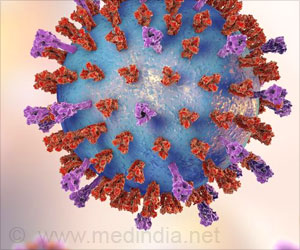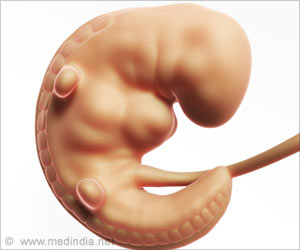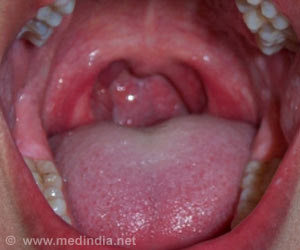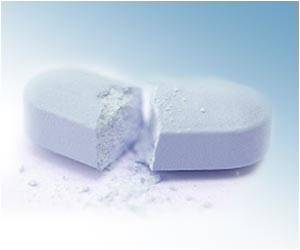A new study indicated that the efficacy of the mRNA Pfizer’s booster shot against symptomatic COVID-19 infection from the Omicron strain declined just ten weeks after the third shot.
Scientists and health experts have been weighing in on the vaccines’ protection against this hyper transmissible variant as the highly complex strain with more than 65 mutations, and 32 mutations on spike protein have spread like wildfire, pushing coronavirus cases to more than 100,000 for the first time since the pandemic hit the UK.
Unlike other COVID-19 variants, Omicron has been causing distinct symptoms in patients, in addition to the usual “high temperature, a new, continuous cough, or a loss or change in the sense of smell or taste” seen in Delta. Those who were infected with Omicron also reported nausea and a loss of appetite, which aren’t generally linked with coronavirus.
The surveillance analyses relating to risk assessments of B.1.1.529 were detailed by the UK’s Health Security Agency, which is cause for concern.
It was underlined that vaccine immunity fades faster with Omicron than it did with any other version previously studied, including SARS-CoV-2. Researchers discovered that the COVID-19 vaccines from Oxford/AstraZeneca, Pfizer/BioNTech, and Moderna are less effective against Omicron than Delta.
The third booster shot of Pfizer/BioNTech or Moderna will only be 60% effective at preventing symptomatic COVID-19 infection 2 to 4 weeks after the third booster dose for patients who had two shots of the Oxford/AstraZeneca vaccine.
However, by ten weeks, this protection has faded to just 35 to 45 percent. After two first doses of Pfizer/BioNTech, protection against Omicron drops from 70% at two to four weeks to 45% at ten weeks after receiving a Pfizer booster shot. However, after a Moderna booster shot, the protection drops to 70% to 75% by the 9th week.
Source: Medindia



